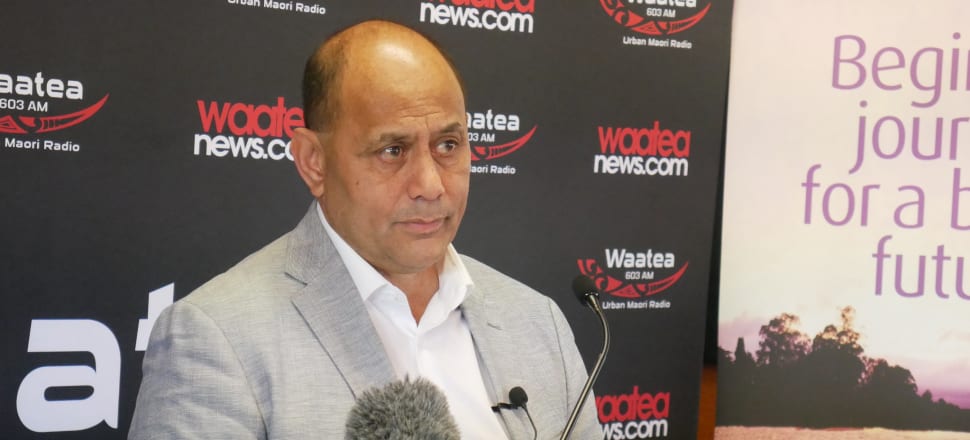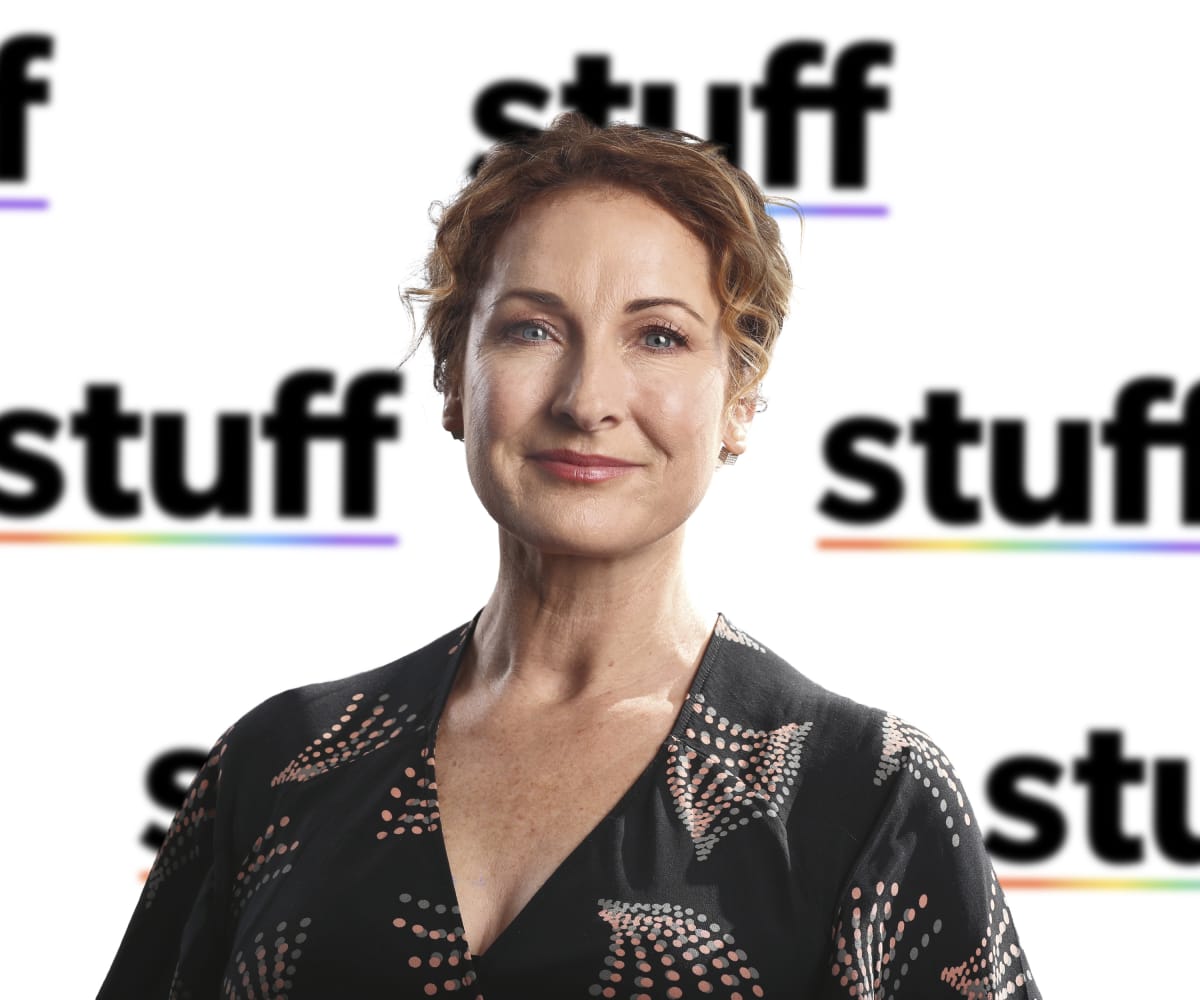
An Australian-style legislative response against global digital giants to make them pay for media firms' content remains possible as a new minister says too many news firms are hurting
Google and Facebook's use of New Zealand media companies' content without sufficient payment is still on the radar of the Government, with new broadcasting minister Willie Jackson saying "something must be done to rectify the situation".
Officials are continuing to look at an Australia-style law here that would implement a bargaining code forcing the big global digital platforms to make fair, and significant, payments to media firms for the value of content highlighted on their sites.
While the Commerce Commission has okayed media businesses forming a collective to negotiate with the global platforms, several including the New Zealand Herald publisher NZME, its subsidiary BusinessDesk, and this site, Newsroom, have separately-agreed deals with Google for payment for content going onto its new Google News Showcase, launching soon.
Public broadcasters RNZ and TVNZ also have deals with Google for their content, according to the Ministry of Culture and Heritage, Manatū Taonga, but these are on 12-month terms to preserve negotiating rights for the new joint public media firm merging those two entities in mid 2023.
Google's payments via Showcase, and two funds established by Facebook to support media businesses' initiatives, are seen by officials as an incomplete solution to the media sector's revenue challenges.
Documents obtained by Newsroom under the Official Information Act show ministry officials briefed the former broadcasting minister Kris Faafoi three times since late last year on the need for a media bargaining code, the bid by media to be allowed to negotiate collectively, and new measures taken by governments in Taiwan and Canada to make the platforms pay up.
The new minister, Jackson, wrote in an article for the Herald yesterday that... "Another area I'm actively exploring is how the Government can support news media to realise the value of the content they produce, particularly in relation to the use of that content by digital platforms like Google and Facebook.
"The bargaining imbalance between these platforms and our news media does not lend itself to fair negotiation or payment. While some commercial arrangements have been reached with larger news media companies, I am considering how the Government can support the whole sector so that fair recognition is given. Too many businesses are hurting and something must be done to rectify the situation."
His inclusion of the Google and Facebook issue and "fair recognition" as part of introductory public statements on his broadcasting portfolio shows officials may still be unsatisfied with the platforms' responses to the media industry's collective move to negotiate payment.
As late as March this year, the culture ministry briefed Faafoi ahead of a meeting with three Google executives that the industry grouping was unhappy with the company's attitude. "To date, most New Zealand media organisations have stated they are dissatisfied with the terms and conditions of agreements and that Google is inflexible in negotiations. Companies have reported that the financial terms of agreements have not met expectations. There is a concern that Google will implement News Showcase with the bigger news media organisations and leave smaller regional publishers without agreements."
Since then the Commerce Commission has authorised those pursuing the industry collective negotiating path to deal as one with Google. And Google has announced its five-year deal with NZME. Newsroom had already settled its own deal with Google to provide content for the new Showcase page.

A briefing to the minister says Stuff chief executive Sinead Boucher had been urging an Australian-style legislated bargaining code forcing the big platforms to come to agreements with publishers. Deals worth many millions of dollars have been in place across the Tasman since that government-enforced solution.
One document also reports to the minister that Discovery, the global firm that owns TV Three and Newshub here, has been unhappy with Google's approach to paying for content.
"Discovery has indicated to you in a recent meeting that discussions with the platforms on payments for news are insignificant. It is concerning if Discovery cannot derive value for news media content, given it is a large multination corporation," a March briefing note said.
Outlining to Faafoi the merit in New Zealand looking into a government-led code to 'incentivise' commercial agreements for media firms with the platforms, the ministry said in October 2021: "Financial agreements for content are a commercial matter. News content has a value (best determined by the market) and media companies should be remunerated fairly via commercial arrangements.
"Both parties should be encouraged and incentivised to reach commercial agreements - as is already common with licensing of music and video for example. The role of government, therefore, could be to encourage and then ultimately enforce such commercial agreements," the ministry wrote.
"Other types of content on digital platforms are recognised as having value. For example, music, which is paid by Spotify per stream, in a copyright agreement with record companies, for presence on the platform whether through a subscription or a free model.
"News content has value that often goes beyond a purely monetary relationship, and this is often reflected in the wider role that media plays in a democratic society. Supporting media organisations in achieving ongoing commercial arrangements is therefore warranted.
"We consider commencing work on a bargaining code is the most effective option to support deals. A recent article from the Press Gazette in the UK investigated Google News Showcase and its operation in practice. It stated countries such as Australia who had regulation in place received significantly better offers through Showcase than others. For example, Australia had a Google News Showcase budget three times that of the UK, a country nearly three times its population, due to the Bargaining Code."
A timeline provided to Faafoi had 'digital bargaining' listed as work underway and due to be reported back to the minister's office in June.
New minister Jackson's clear signal in the Herald opinion article suggests the 'backstop' of a code here could yet emerge.
Separately, the Government is looking to a global tax measure organised through the OECD to stop the global digital giants from moving tax obligations between jurisdictions and thus address low corporate tax being paid here.
A ministry note to Faafoi said the agreement in 2021 by 136 countries was unlikely to deliver a vast tax bonanza to this country.
"IRD is yet to accurately estimate how much the approach will bring in domestically but have stated to the ministry that it “is not expected to be significant in terms of our overall corporate tax take”. Commentary suggests it will be in the tens of millions rather than the hundreds," officials say.
"There is an ambition to have a multilateral instrument in place by 2023. However, considerable further technical work and negotiations are required.
"Any potential income from the OECD tax process could potentially be ring-fenced and used to support news media organisations, or other specific cross-government priorities. While it is not common for tax revenues to be hypothecated for specific purposes, there are examples including the fuel tax system which goes into the National Land Transport Programme to support infrastructure and maintenance."
But the ministry notes the OECD answer - and the possibility of receiving new tax income - would not specifically address the industry’s relationship with digital platforms and payments for news content. Worse, it reports the Treasury does not support using such tax revenue for ring-fenced purposes and favours any extra tax going into the consolidated fund.







